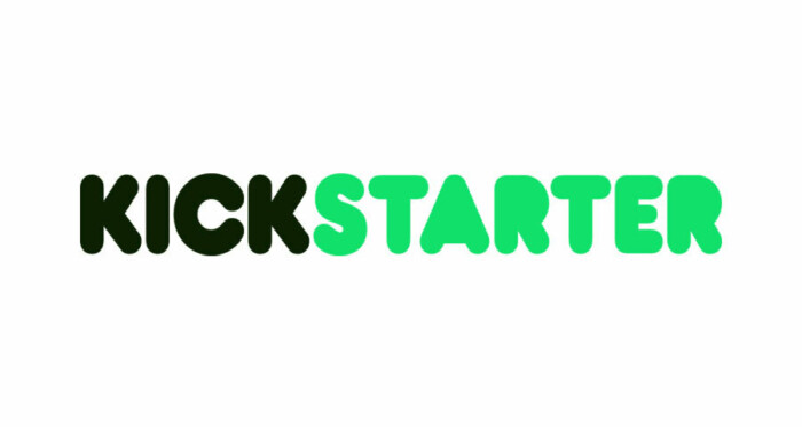Crowdfunding is a method of raising money that allows attracting various financial resources from a large number of people using the internet. This method has become popular among creators:
- startups,
- creative projects,
- public organizations,
- other initiatives.
Crowdfunding not only allows for attracting necessary funds but also determines interest in the created project.
Crowdfunding Fraud
Crowdfunding operates in the field of startups, with young and promising people creating projects that require investment, and startup founders turn to the crowdfunding system, inviting interested investors to the project. Scammers take advantage of this by creating fake projects. The goal of the scammers is to collect funds without having a project. Scammers collect money from investors, promising them high returns and that the project will quickly start working, offering the opportunity to earn significant money.
Fake Fundraising

To attract investors to fake fundraisers, scammers have to make an effort by creating fake projects and presenting a presentation that is not plausible. In some cases, scammers:
- simply copy information from the internet;
- create fake graphs;
- prospects of work;
- fake accounts.
Scammers resort to the method of creating fake startups, where they have to work hard, developing a minor project in advance. They talk about the fake project in such a way that investors unite and sponsor the development through crowdfunding. Once the money is transferred to the fake startup account, the project is folded or completely stopped.
Investment Scams in Startups
Con artists use long-term projects for greater fund collection, making investment scams in startups take a prolonged form. Periodically, scammers trick investors by talking about the project work process, promising that the project will "boom" soon, and money will "flow like a river." But for this, additional costs are needed:
- for advertising;
- for equipment purchase;
- for acquiring consumables.
Believing the scammers' information, investors continue to pour money into the project, expecting a quick profit. As a result, the project turns out to be a "bubble" that bursts at the most unexpected moment, leaving investors, as they say, empty-handed.
Charity Fundraising Scams
Popular methods of deceiving investors include charity fund scams. Posing as representatives of a charity fund, scammers organize fundraisers for:
- helping animals in shelters;
- treating sick children;
- helping people with disabilities;
- creating children's recreation organizations;
- saving natural resources and many other projects.
Caring people participate in charity projects, investing funds, hoping that their money will help someone. But the money is transferred to fake accounts, and investors are promised reporting documentation on the work done.
Fake Crowdfunding Projects

It is necessary to be aware of the risks that await crowdfunding participants on fake projects. It is not always possible to determine at the initial stage that the project is fraudulent and to participate in sponsoring the development. There is no excluding the possibility of manipulation by the platform, which may stop working instantly to avoid settling with investors.
How to Check a Crowdfunding Platform
To determine if a crowdfunding platform is fake, you need to navigate the advantages of these sites. If you check a crowdfunding platform, it should have these features:
- Spending funds for the intended purpose - investors' money should not be spent on unplanned needs;
- Transparency - complete information is available to any user about the project;
- A broad range of specializations - the ability to implement charitable, social, and business projects;
- Accessibility – you can join a project with a minimal investment;
- Focus on achieving results - full reporting on project implementation;
- Ease of use - an understandable and simple interface is organized.
Scams in Startup Investments
On crowdfunding platforms, special requirements are set, which must be strictly followed before attracting investors to protect them from scam startups. The project creator must present a presentation, talk about the team, provide current information, draw up a budget and project implementation timeline, and the mechanism for realizing the idea created. If scammers want to make money quickly, they do not follow these rules.

Fraudsters on Kickstarter
Kickstarter is the largest crowdfunding platform, but not all projects are promising, and there are failed and fraudulent ones. Con artists propose unrealistic projects, attracting investors with catchy titles and advertising. In most cases, the Kickstarter platform tracks posted projects and tries to filter out completely silly or, in their opinion, non-promising and fraudulent projects.
